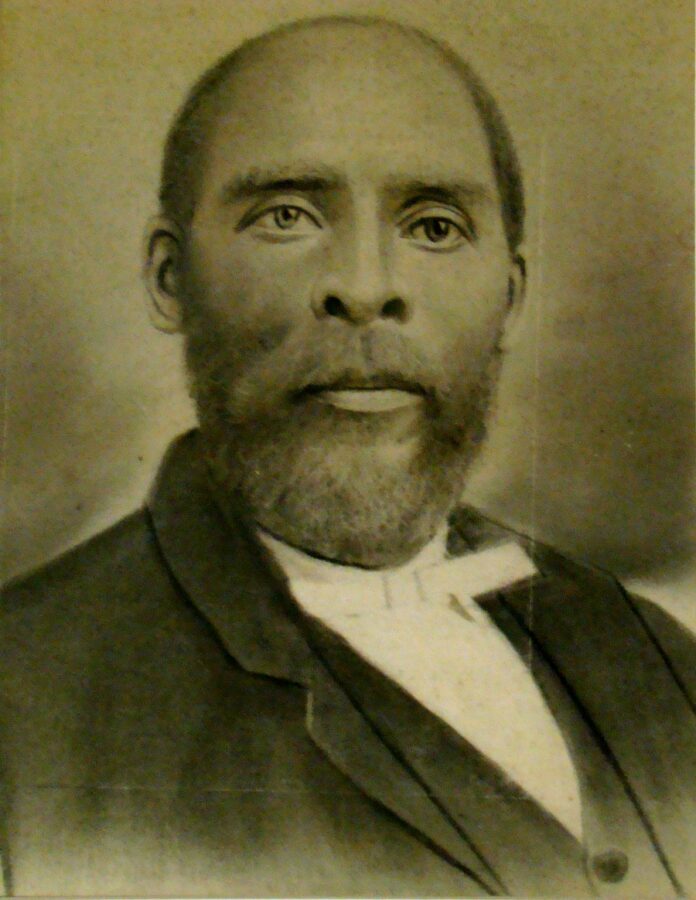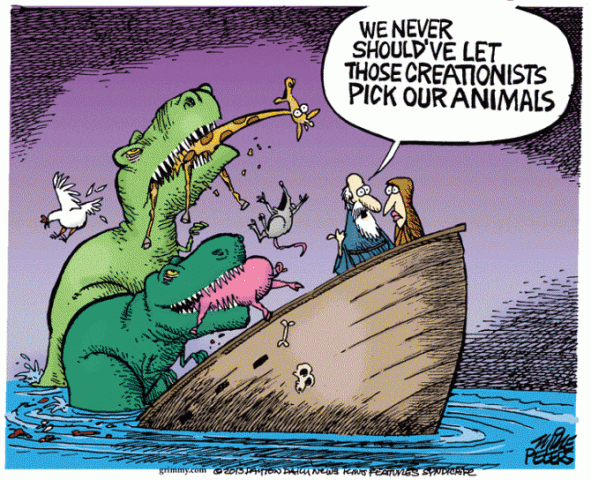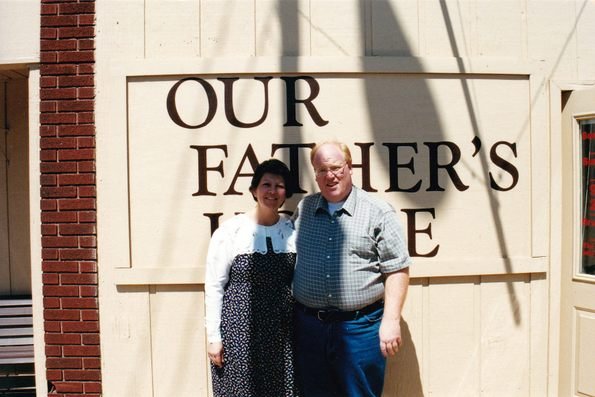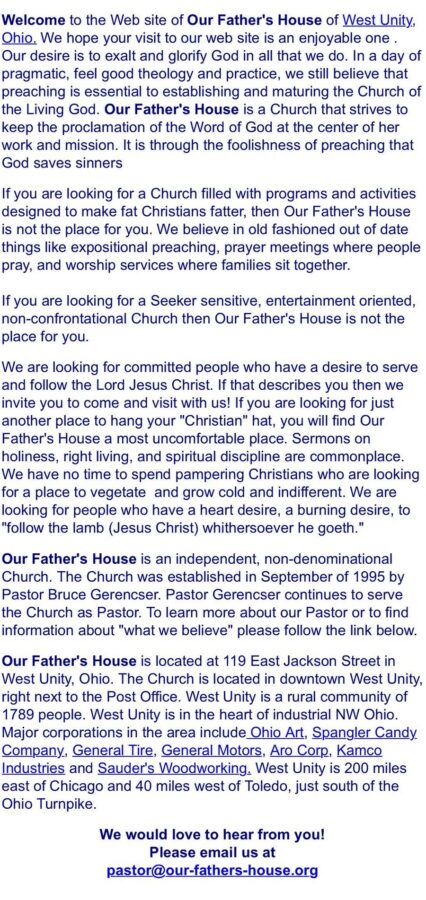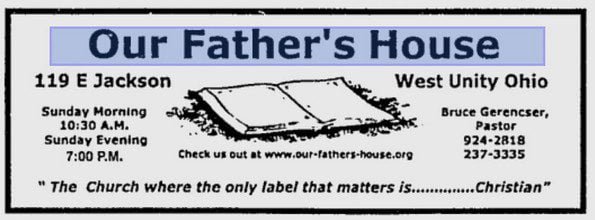
Recently, a commenter asked me three questions (slightly edited for grammar):
- What if you die and find out you were wrong?
- What if you find that Jesus (the true Jesus of course, not the religious/perverted Jesus) is the true God and you simply refused to accept his offer of eternal life?
- What will you do?
For the seemingly thousandth time, let me answer these questions.
What if you die and find out you were wrong?
Well, this is most certainly a possibility. I am not infallible, nor do possess all the knowledge that can be known. As I continue to read, study, and understand, I add to my cumulative knowledge. Unfortunately, advanced age and cognitive loss fights against me increasing my knowledge. I do what I can to better my understanding of all that it means to be human. The questioner, of course, is only concerned about me being wrong about her version of Christianity.
As an atheist, I believe life ends the moment my heart stops beating and my brain ceases to function. That’s it, end of story. As such, there is no right-beliefs test after death, no did I believe in the true Jesus, not the religious, perverted Jesus? All I can do while I am among the living is attempt to intellectually, rationally, and honestly understand the world in which I live. For example, I know that most people are to some degree or another religious. Having spent fifty years in the Christian church, twenty-five years in the pastorate, and eight years studying why people are religious, I have come to several reasoned conclusions.
First, all religious belief can be explained from a sociological perspective. Find out where a person was born, who their parents and grandparents are, and what culture they are a part of, and you can determine, for the most part, which religious cult they embrace as the one true faith.
Second, the central tenets of Christianity are irrational. As Michael Mock often says, Christianity doesn’t make sense. Having spent thousands of hours reading and studying the Bible, theology, and church history, I can confidently say that Christianity (in all its forms) is false. Simply put, Jesus died, end of story. Without a miraculous birth, atoning death, and resurrection of Jesus, the God-man from the dead, Christianity is little more than a social club. I see no evidence for Christianity being the one true faith.
I can then confidently say that Christianity is false. Thus, I have no fears or concerns about being wrong about Christianity. The same goes for all the other extant religions humans have concocted throughout the annals of history. Could I be wrong? Sure. I try to live my life according to probabilities. It is probable that I will die within the next twenty years. I have carefully examined the available evidence and concluded that sooner, and not later, death is coming my way. I can confidently say that I will likely be dead before 2036. When it comes to Christianity, after carefully looking at the extant evidence, I have concluded that there is a .000001 percent chance that the Christian God exists and that Christianity is the one true religion.
I suppose this commenter could say, but Bruce, are you willing to risk an eternity in hell, even if the probability is .000001? Yes, I am. The greater question is why Christians do the same. I suspect this commenter believes all religions but hers are false. How can she possibly know this? Has she studied these religions? Shouldn’t she play it safe and embrace ALL religions? Better to cover one’s bases than end up in hell because you failed to choose the one true religion, right? Christians are hypocrites, demanding of me what they are unwilling to do themselves. Why is it that Christians continue to use Pascal’s Wager to evangelize me, when they are not willing, for safety’s sake, to embrace Islam, Jainism, Judaism, Hinduism, or any of the other countless human religions?
What if you find that Jesus (the true Jesus of course not the religious/perverted Jesus) is the true God and you simply refused to accept his offer of eternal life?
The previous answer adequately addresses this question. I am certainly willing to believe IF Christians can convincingly show me that their religious claims are true. Quoting the Bible, giving subjective personal testimonies, or making appeals to nature are not proof. Each one of these evidences can be satisfactorily overturned and rejected. Ultimately, Christianity rests on a foundation of faith, not evidence (Hebrews 11). Christians believe because they want or need to do so. By faith, they believe. And that’s fine — for them. However, I don’t have the requisite faith necessary to believe. I am unwilling to surrender my life to a fictitious God who wrote a supposedly divine book that is actually an offense to modern thinking. Filled with discrepancies, mistakes, and errors, the Bible teaches that there are multiple Gods and ways of salvation. Thousands of religious sects appeal to the Bible as THE source of their beliefs. How is possible that each sect’s beliefs differ from that of others? The Bible says that there is one Lord, one faith, one baptism — one Christianity — yet there are, if truth be told, millions of Christianities, with each believer shaping a God and Jesus in his or her own image.
If the commenter’s God is the one true God and the Bible is said God’s divine message to humanity, why did he write such a confusing, contradictory message? I’ve spent eight years poking holes in the Evangelical Christian narrative, coming to the conclusion that all the Christian sects are right. The Campbellites and Baptists are right. The Calvinists and the Arminians are right. The Catholics and the Lutherans are right. Every sect appeals to the Bible as the foundation of their faith. All of them can PROVE they are right, so I just agree with them. The Bible can be used as proof for almost any and every belief. Again, if God wanted his soul-saving message to be clear, he should have written it in such a way that no one could possibly doubt his words. That the Bible is a hodge-podge of nonsense is convincing evidence for Christianity’s sacred text being a human, not divine text.
What will you do?
Just for fun, let’s assume that I am dead wrong about this commenter’s God, and that when I awake in eternity I find myself standing before the Big Kahuna. What would I say?
- Shit, I got that one wrong.
- Hey God, why did you write such a contradictory and confusing book? Bad day? Too much to drink?
- Hey God, did you see all the good works I did? Surely, my good works outweigh my bad works. After all, I was a Jesus Club® member for 50 years. The way I see it, Lord, is that I spent five-sevenths of my life doing good and believing all the right things. And even now, as an atheist, I do a lot of good works. My good works should at least be enough to get me a log cabin on the outskirts of Heaven. Surely Lord, you value good works far more than right beliefs.
I have no worries about what I will do because worrying about fictional things is a waste of time. This would be like me worrying that Daenerys Targaryen (Game of Thrones) might send her dragons to turn me into a roasted wiener. Not going to happen. Life is short. I choose to worry about things that matter, things rooted in reality. I have no interest in wasting my time wondering about whether I am saved or lost or whether my beliefs will land me a room at Trump’s Heavenly Hotel®.
Bruce Gerencser, 68, lives in rural Northwest Ohio with his wife of 47 years. He and his wife have six grown children and sixteen grandchildren. Bruce pastored Evangelical churches for twenty-five years in Ohio, Texas, and Michigan. Bruce left the ministry in 2005, and in 2008 he left Christianity. Bruce is now a humanist and an atheist.
Your comments are welcome and appreciated. All first-time comments are moderated. Please read the commenting rules before commenting.
You can email Bruce via the Contact Form.

